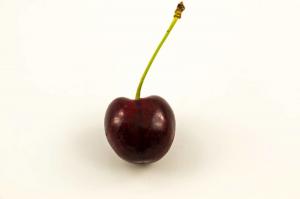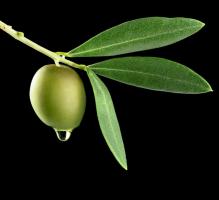Can I Pot House Plants with Garden Potting Soil?
As an avid gardener, it is not uncommon to have leftover garden potting soil lying around the house. This often leads to the question of whether or not it is appropriate to use garden potting soil for indoor house plants. The answer is not straightforward and depends on various factors. Below we will explore the pros and cons of using garden potting soil for indoor plants.
Pros of Using Garden Potting Soil for House Plants
One of the advantages of garden potting soil is that it is less likely to contain synthetic fertilizers or other chemicals that may harm indoor plants. Garden potting soil is formulated to provide the necessary nutrients and support for plant growth without the use of synthetic chemicals. It also often contains organic matter that can enhance plant growth and health.
Furthermore, using garden potting soil for house plants is cost-effective. Since garden potting soil is often used for outdoor planting, it can be purchased in larger quantities at a lower price than indoor potting mixes. This can provide a significant cost saving for those with a large collection of indoor plants.
Cons of Using Garden Potting Soil for House Plants
While there are some advantages to using garden potting soil for indoor plants, there are also some drawbacks to be aware of. One of the primary concerns is that garden potting soil may contain pathogens, pests, or weed seeds that can harm indoor plants.
Garden potting soil is not typically sterilized, which means there may be harmful bacteria or fungi present. This can lead to various problems such as root rot, mold growth, or even death of the plant. Additionally, garden potting soil is often composed of heavy soil that does not drain well. This can cause root problems and water buildup that is detrimental to indoor plants.
Alternatives to Garden Potting Soil for House Plants
If using garden potting soil for indoor plants does not seem like the best option, there are a few alternatives to consider. One popular option is to use indoor potting mix, which is formulated specifically for indoor plants. This mix is often lighter and better-draining than garden potting soil, which makes it easier for indoor plants to thrive.
Another option is to make your own potting mix using a combination of organic matter, such as compost, peat moss, and perlite. This allows for greater control over the composition of the mix and can be tailored to the specific needs of each plant.
Conclusion
Using garden potting soil for indoor house plants can be a viable option, but it is important to weigh the pros and cons before making a decision. While it may be cheaper and more environmentally friendly to use garden potting soil, it also carries the risk of containing harmful pathogens or weed seeds. Alternatively, using indoor potting mix or creating a custom potting mix can provide the necessary nutrients and support for indoor plants while reducing the risk of harm.

 how many times do yo...
how many times do yo... how many planted tre...
how many planted tre... how many pine trees ...
how many pine trees ... how many pecan trees...
how many pecan trees... how many plants comp...
how many plants comp... how many plants can ...
how many plants can ... how many plants and ...
how many plants and ... how many pepper plan...
how many pepper plan...






























